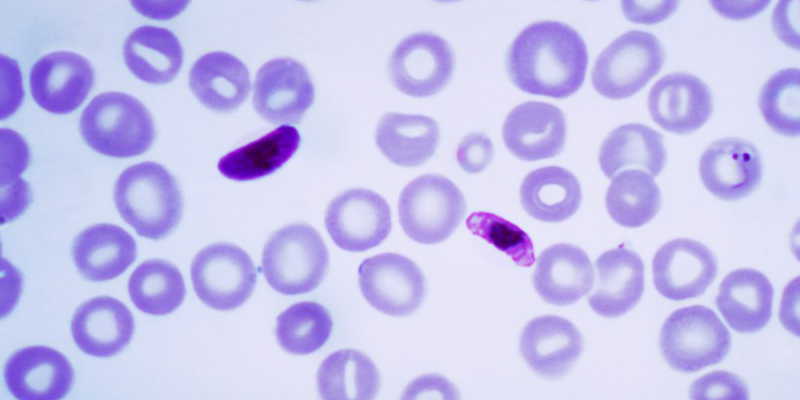Health
New malaria parasite beats best known drugs against disease
Researchers have found that a drug-resistant malaria parasite found in South East Asia can also infect mosquito species in Africa, scientists have discovered.
The BBC reports that transmission experiments were carried out in a laboratory, but they suggest the spread of this deadly strain into the continent is possible.
The scientists warn the consequences of this would be dire, putting millions of lives at risk.
Dr Rick Fairhurst, from the National Institute of Allergy and Infectious Disease (NIAID), in the US, who carried out the research, said: “We think this will provide additional impetus for intensifying – and by intensifying, I mean grossly intensifying – the malaria elimination efforts in South East Asia.”
This drug-resistant parasite was first seen in Cambodia in 2008, but has since been reported across South East Asia.
Scientists concluded in a study published in the The Lancet Infectious Diseases that the new resistance is caused by mutations in a gene that plays a key role in resistance to artemisinin, the best drug available to cure the disease.
It is rendering the best front-line drug – Artemisinin – useless.
But this is not the first time this has happened. Since the 1950s, drug after drug has stopped working as the malaria parasite (Plasmodium falciparum) has evolved. And each time, the problem has first emerged on the Thai-Cambodia border before spreading around the world.
Scientists now fear that the Artemisinin-resistant parasite also has this potential to disperse, but until now, very little has been known about its transmission.
“All of us are very concerned about these parasites spreading to Africa, as parasites did in the past, but there was no reason to think these very highly differentiated parasites could even infect the major vector in Africa,” said Dr Fairhurst.
To investigate, the researchers carried out laboratory experiments, infecting two species of Asian mosquitoes and Africa’s main malaria-carrying mosquito – Anopholes coluzzii (formerly called A. gambiae M) – with the drug-resistant strain.
“We were quite amazed that not only was (A, coluzzii) readily infected, it also didn’t really seem to be less infected than the two native South East Asian vectors,” said Dr Fairhurst.
“It was quite surprising to us – we thought maybe we’d see at least some reduction.”
The researchers say the parasite’s ability to jump species that are separated by millions years of evolution is concerning.
And while such transmission has not been seen yet in the wild, this study shows that it is possible.
Dr Fairhurst said: “This is just one more piece to the puzzle that looks like a worldwide catastrophe.
“We have parasites that are not only resistant to Artemisinin… they have no barrier to infecting multiple different mosquitoes and then transmitting the infections all the way to another human.”
He added: “We think that these parasites are going to be extremely difficult to stop the spread of, Malaria and that just can’t be good for any kind of containment effort.”
The World Health Organization estimates that in the last 15 years malaria death rates fell by 60% globally and 6.2 million malaria deaths have been averted.
Comments




















